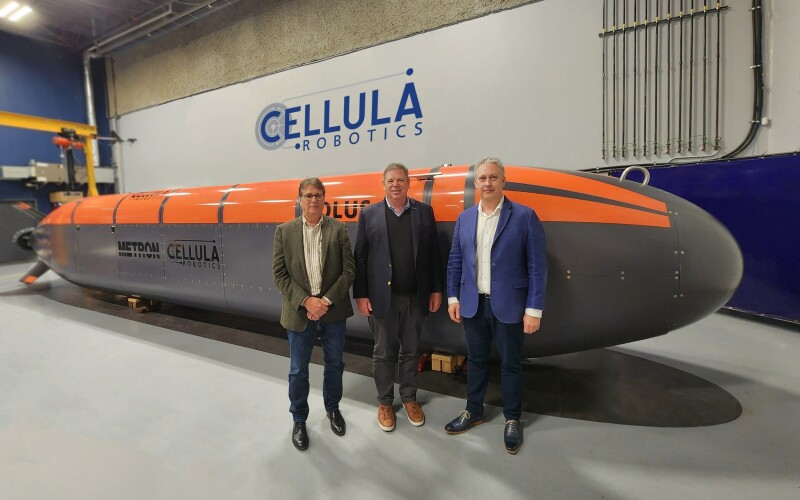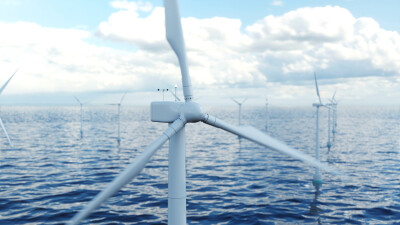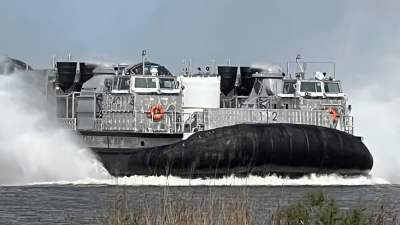Metron Inc. has announced a partnership agreement with Cellula Robotics, USA Inc. (Cellula) to enhance uncrewed underwater vehicle (UUV) capabilities for advanced operations in dynamic environments. This collaboration aims to address specific technical gaps in UUV defense and offshore energy markets, particularly focusing on long-duration, multi-payload missions where communications are often restricted.
As part of this alliance, Metron’s Resilient Mission Autonomy portfolio will be integrated into Cellula’s Solus and Imotus vehicle families, providing AI-enabled situational awareness and real-time onboard mission adaptation, rerouting, and replanning. Cellula’s Solus-LR and Solus-XR platforms, equipped with cutting-edge hydrogen fuel cell technology, will support sustainable, long-duration operations with zero carbon emissions.
The result is a scalable UUV solution with a reconfigurable vehicle profile, promising reduced risk, lower costs, and enhanced mission flexibility and efficiencies to cater to various markets including U.S. Defense, offshore energy, subsea telecommunications, and marine scientific exploration, according to a statement from the two companies.
Van Gurley, CEO of Metron, highlighted the significance of this collaboration in advancing long-duration, multi-payload subsea capabilities, expressing excitement about the potential impact on U.S. Defense and commercial clients.
Neil Manning, CEO of Cellula Robotics, USA, emphasized the shared commitment to leveraging hardware, software, and fuel cell technologies for dynamic and extended UUV missions.
As surface and subsea operations evolve, there's a growing demand for uncrewed platforms capable of efficiently covering larger areas sustainably. Metron and Cellula will actively deliver joint solutions to national security stakeholders and commercial offshore energy customers, focusing on enhancing operational planning, execution, and data delivery throughout the offshore supply chain, according to the joint statement.
The collaboration also emphasizes sustainability, with a zero emissions pledge and a focus on delivering high-value data collection and mission planning capabilities. The companies aim to commercialize long-operational endurance, payload- and mission-capable systems, enabling multiple weeks of operation at sea with reduced risks and costs.





